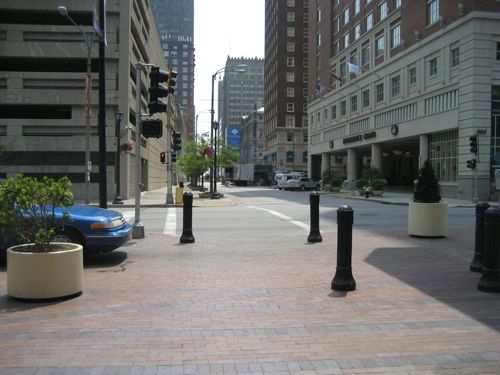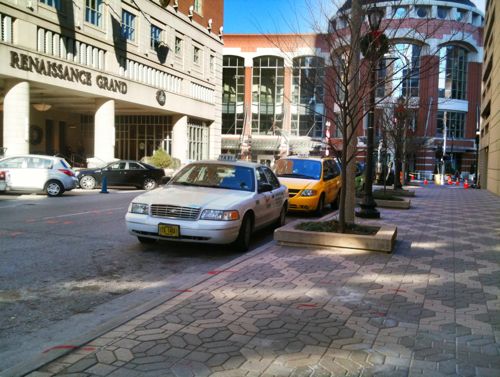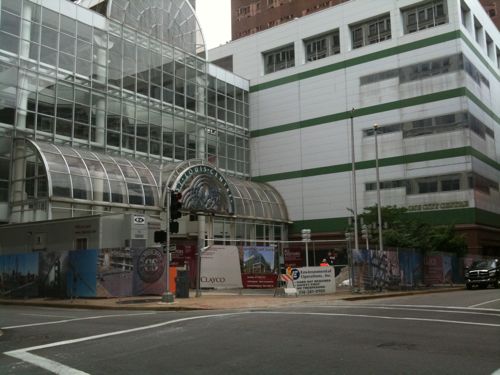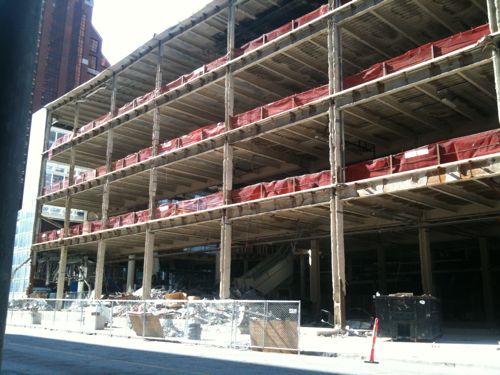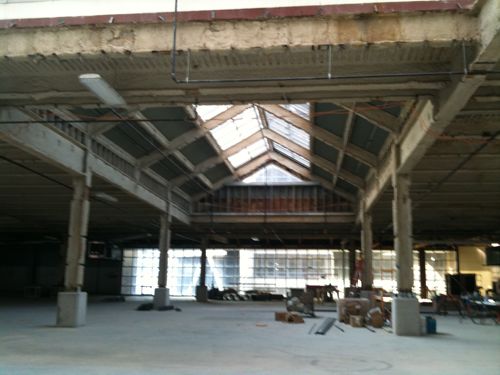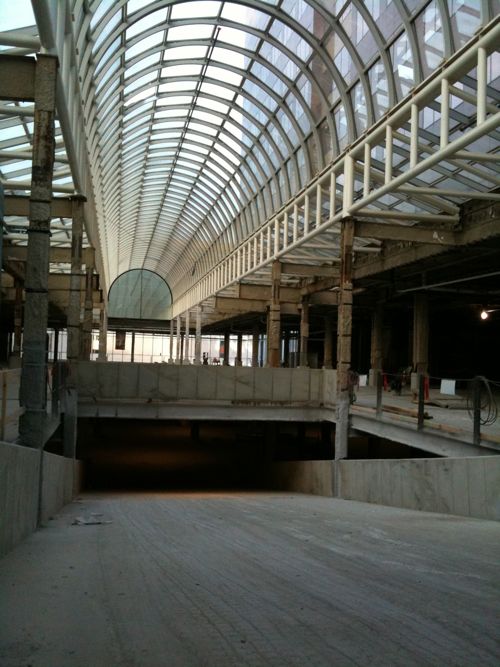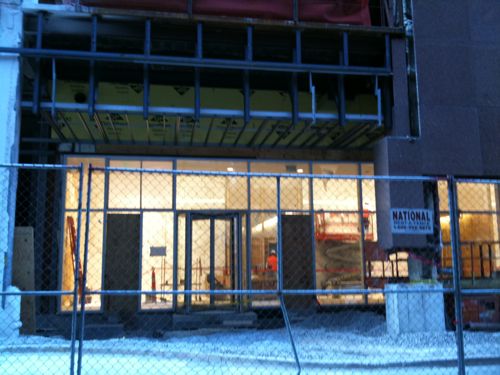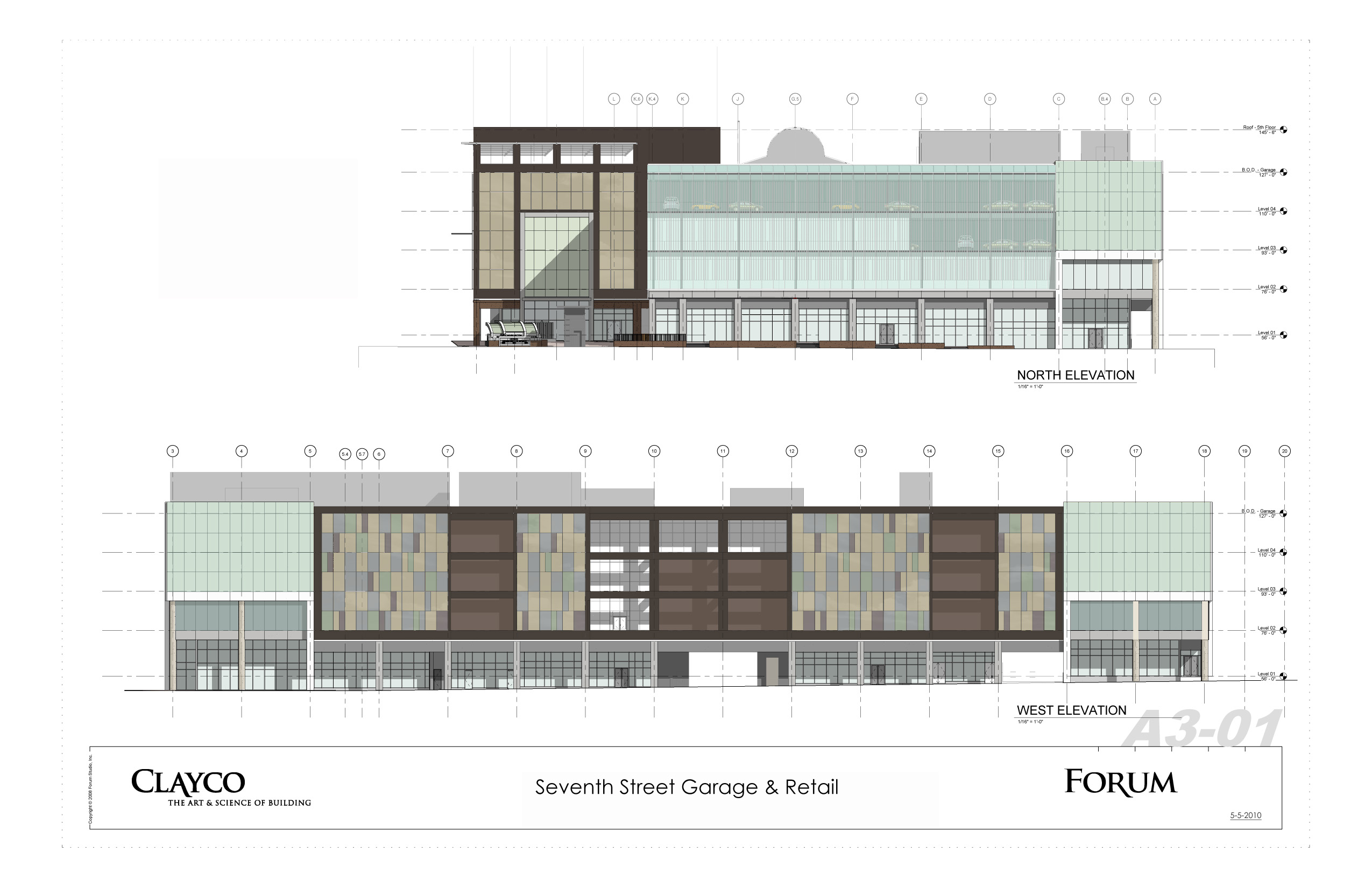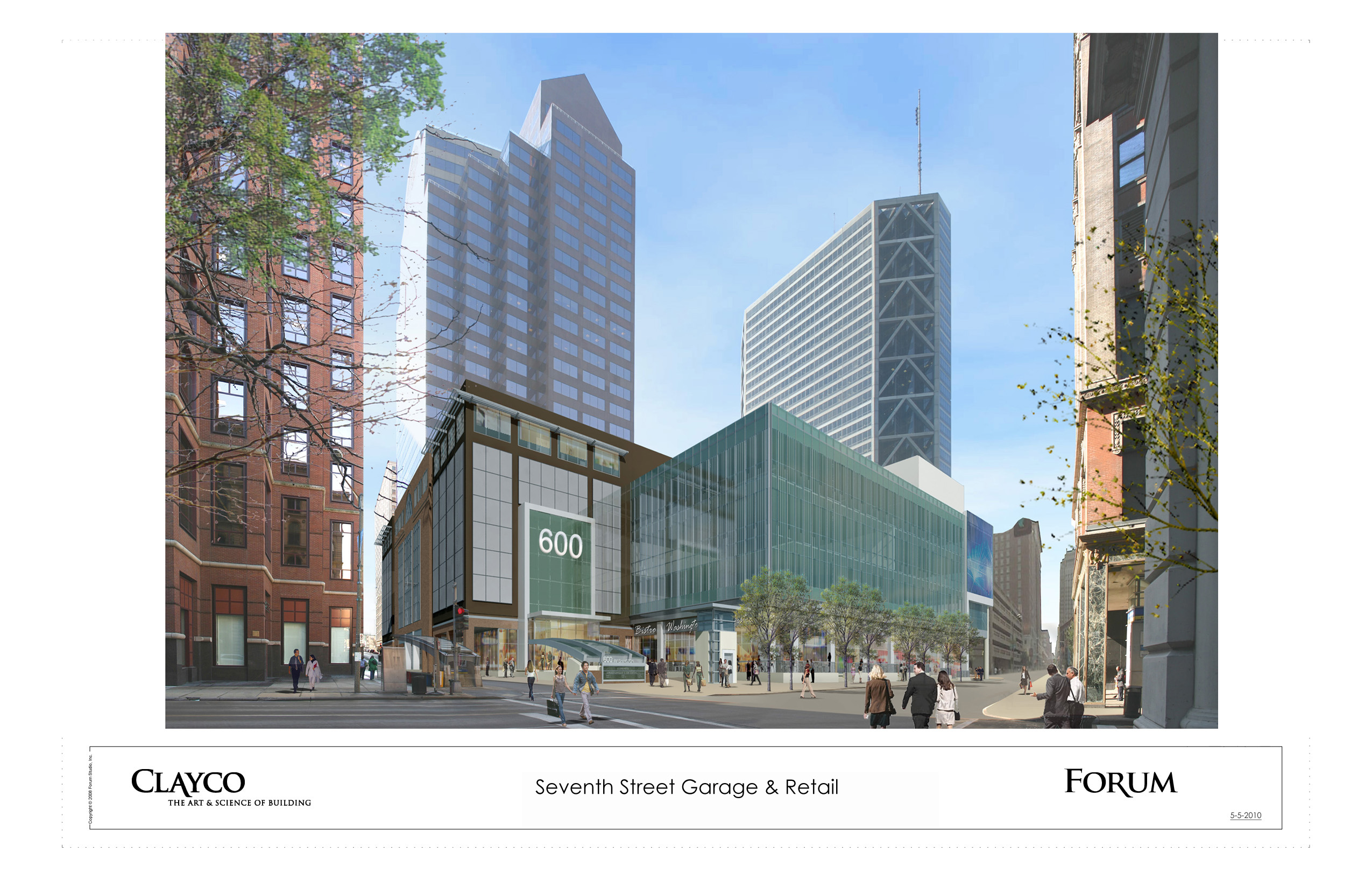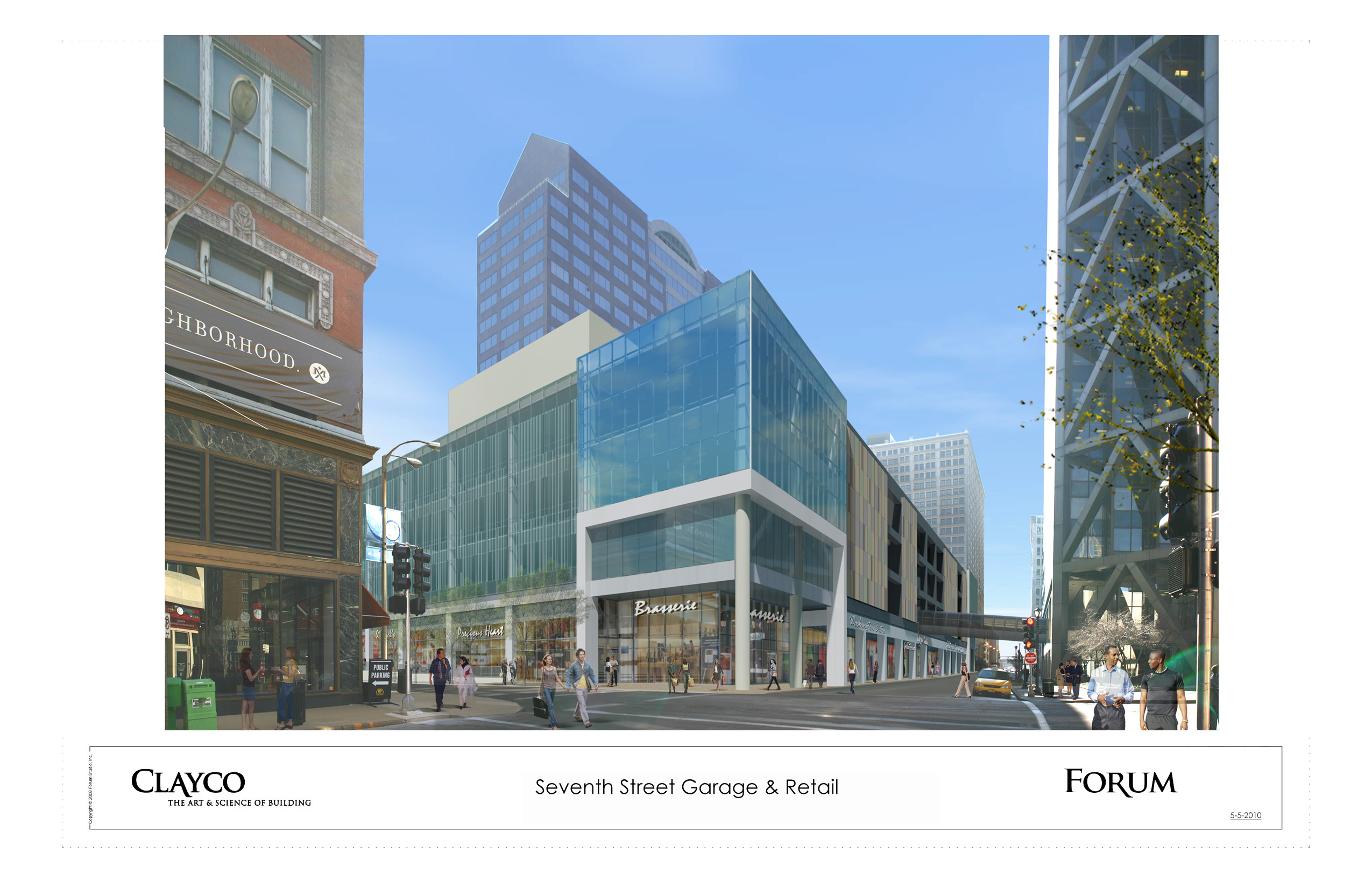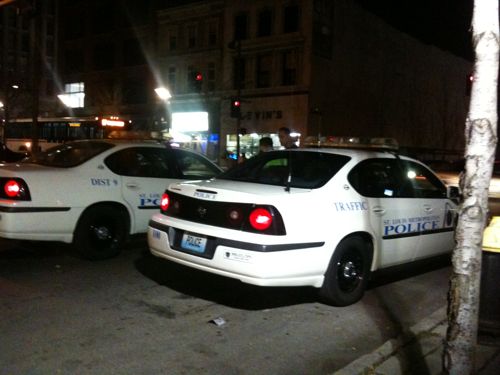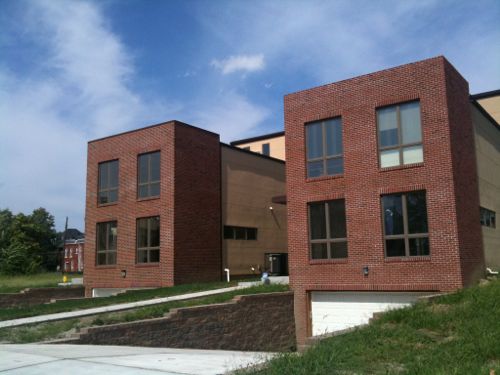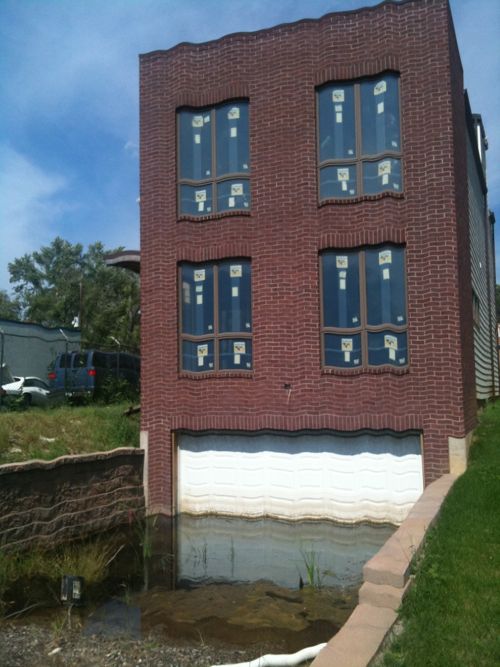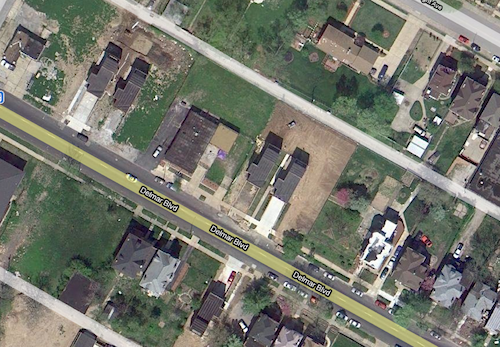Readers Do Not Support Exempting Casinos From Smoke-Free Laws
In the poll last week readers overwhelmingly support banning smoking in casinos.
Q: Should casinos be exempt from Smoke-Free laws?
- No, smoke-free laws are in place to protect workers, including casino workers. 82 [62.12%]
- All 21+ businesses should be exempt (casinos, nightclubs, etc) 23 [17.42%]
- All smoking bans should be repealed, exempt everyplace! 12 [9.09%]
- Yes, casinos should be exempt because of their economic impact, but not bars, etc. 9 [6.82%]
- Other answer… 4 [3.03%]
- Unsure/no opinion 2 [1.52%]
The four “other” answers were:
- NO! All public places should be smoke free.
- Air filtration systems to a certain safe air code.
- No, it’s not about workers, it’s about everybody.
- Casinos should be banned.
This as Illinois is considering amending it’s smoke-free law to permit smoking in casinos.
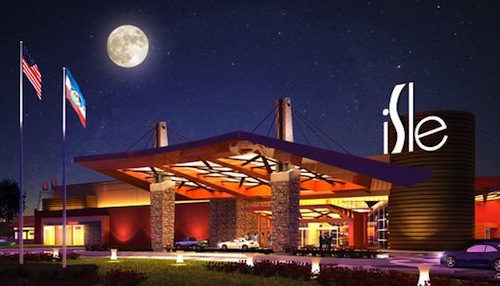 Last week a community considering a smoke-free law, including casinos, was granted the final casino license in Missouri:
Last week a community considering a smoke-free law, including casinos, was granted the final casino license in Missouri:
“The Missouri Gaming Commission awarded on Wednesday the state’s 13th and only available gaming license to St. Louis-based Isle of Capri Casinos, which wants to build a $125 million casino in Cape Girardeau.” (St. Louis Business Journal)
Last week I heard a radio commercial for smoke-free gambling at Harrah’s St. Louis:
“Remember that so-called “non-smoking” section tucked away in the back corner of the casino filled with the most unpopular games? Well, we’re shaking things up! In addition to our smoke friendly casino, we’ve also created the largest smoke-free casino featuring over 600 of your favorite games and tables!” (Harrah’s)
I don’t like casinos either way but the workers have no choice if they want to remain employed.
– Steve Patterson


